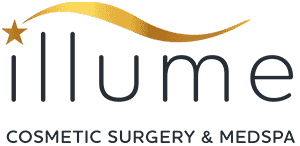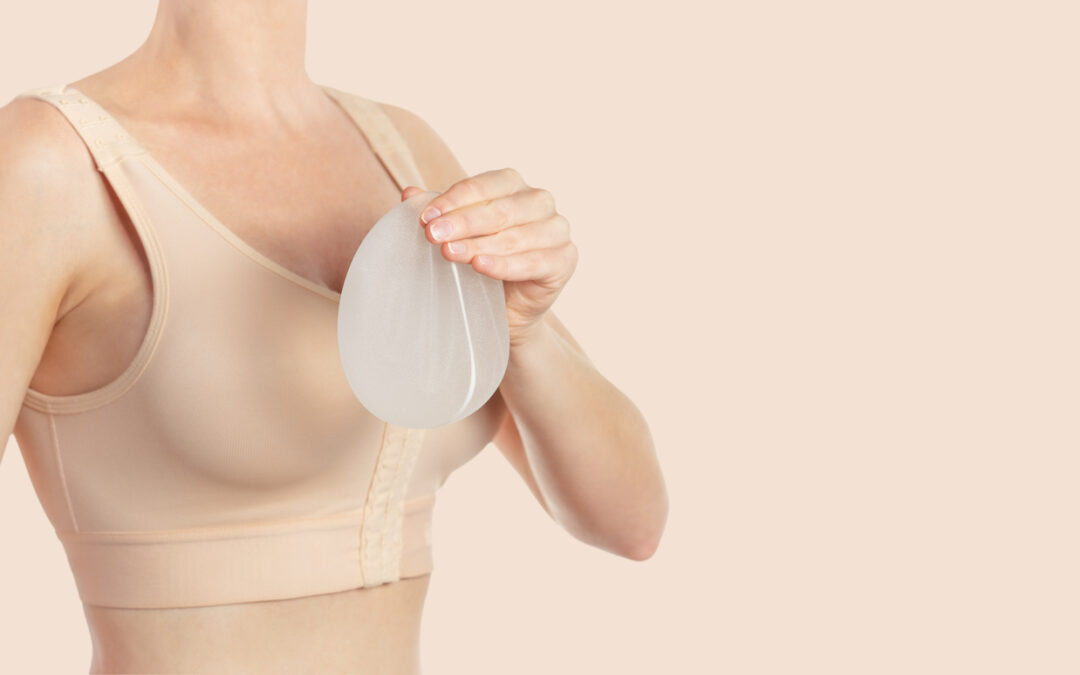A growing number of U.S. consumers are considering getting a cosmetic treatment for the first time, but confusion about regulation and who is qualified to perform procedures remains widespread.
That’s according to a new RealSelf survey, conducted online by The Harris Poll, which reveals that 59 percent of women in the U.S. do not know there is a difference between a cosmetic surgeon and a plastic surgeon. Furthermore, more than 8 in 10 women (84%) in the U.S. are unaware that medical professionals do not have to be board-certified in plastic surgery to perform surgical cosmetic procedures, such as rhinoplasty or breast augmentation.
More than 1 in 4 women in the U.S. (26%) are currently considering a cosmetic procedure, and nearly three-fourths of those women (73%) have never had one in the past. Interest is higher among young adults, with females ages 18–34 nearly two times more likely than those 35 and older to be considering a cosmetic procedure (37% vs. 21%).
“Medical aesthetics is a little like the Wild West—and, unfortunately, many consumers simply don’t realize the lack of regulation,” said RealSelf Chief Medical Editor Dr. Lara Devgan. “This study highlights some of the most common misconceptions and why it’s so important to do your research. As nonsurgical treatments become more accessible and a wave of people seek procedures for the first time, patients must understand that it’s crucial to use RealSelf to fact-check a doctor’s credentials before booking a treatment.”
How do plastic surgeons and cosmetic surgeons differ?
More than half of women (59%) do not know there is a difference between a cosmetic surgeon and a plastic surgeon. Plastic surgeons and cosmetic surgeons do not receive the same level and duration of training after medical school. In order to be certified by the American Board of Plastic Surgery, surgeons must have at least six years of residency training, while certification from the American Board of Cosmetic Surgery requires only one year. Furthermore, the American Board of Medical Specialties, which is one of the leading organizations overseeing physician board certification in the United States, recognizes the American Board of Plastic Surgery as an official board but not the American Board of Cosmetic Surgery.
Women who have an annual household income of $75,000 or more are significantly more likely than those with a household income of less than $75,000 to know that a cosmetic surgeon is not the same as a plastic surgeon (63% vs. 54%).
Who is allowed to perform surgical cosmetic procedures?
The findings also reveal widespread misunderstanding about the qualifications required to perform cosmetic surgery. More than 8 in 10 women (84%) in the U.S. are unaware that medical professionals do not have to be board-certified in plastic surgery to perform surgical cosmetic procedures, such as rhinoplasty or breast augmentation. More than half of women (55%) think medical professionals are required to be board-certified, and about one-third (29%) say they don’t know. To add to the confusion, only about 1 in 5 (19%) women in the U.S. know that a licensed physician can advertise as a cosmetic surgeon even if they have no formal training in plastic surgery.
Household income has a significant impact on how well women understand who is allowed to perform cosmetic surgeries. Women with annual household incomes below $75,000 are significantly less likely than those with household incomes over $75,000 to know that doctors are not required to be board-certified in plastic surgery to perform surgical procedures (14% vs. 20%) and they are less likely to know that a licensed physician can advertise as a cosmetic surgeon, even if they have no formal training in plastic surgery (16% vs. 23%).
Most valuable information: patient reviews, provider’s education and board certification
U.S. women who have had or are considering a cosmetic procedure say patient reviews (67%) and a provider’s education and board certification (66%) are the most valuable pieces of information when choosing a doctor for a cosmetic treatment or procedure. Least important is the provider’s social media presence (14%).
Most valuable information when choosing a cosmetic treatment provider
| Patient reviews | 67% |
| Education and board certification | 66% |
| Before and after photos | 53% |
| The provider’s prices | 45% |
| Friend/Family recommendations | 42% |
| The provider’s website | 32% |
| The provider’s social media presence | 14% |
| Other |
Top consumer concerns: cost, complications, finding a provider
Among those who have had or are currently considering a cosmetic procedure, almost all (94%) have at least one concern related to the procedure. The top concern is paying for the procedure (64%), followed by fear of complications or a bad result (60%) and finding the right provider (51%).
Top concerns when considering a cosmetic procedure
| Paying for the procedure | 64% |
| Fear of complications/Bad results | 60% |
| Finding the right provider | 51% |
| Recovery/Downtime | 39% |
| Don’t want to look like I’ve had work done | 35% |
| Concerned about long-term effects | 35% |
| Confused or unsure about the right treatment or procedure options | 21% |
| Stigma associated with people who choose to have treatments |
Source: RealSelf.com





